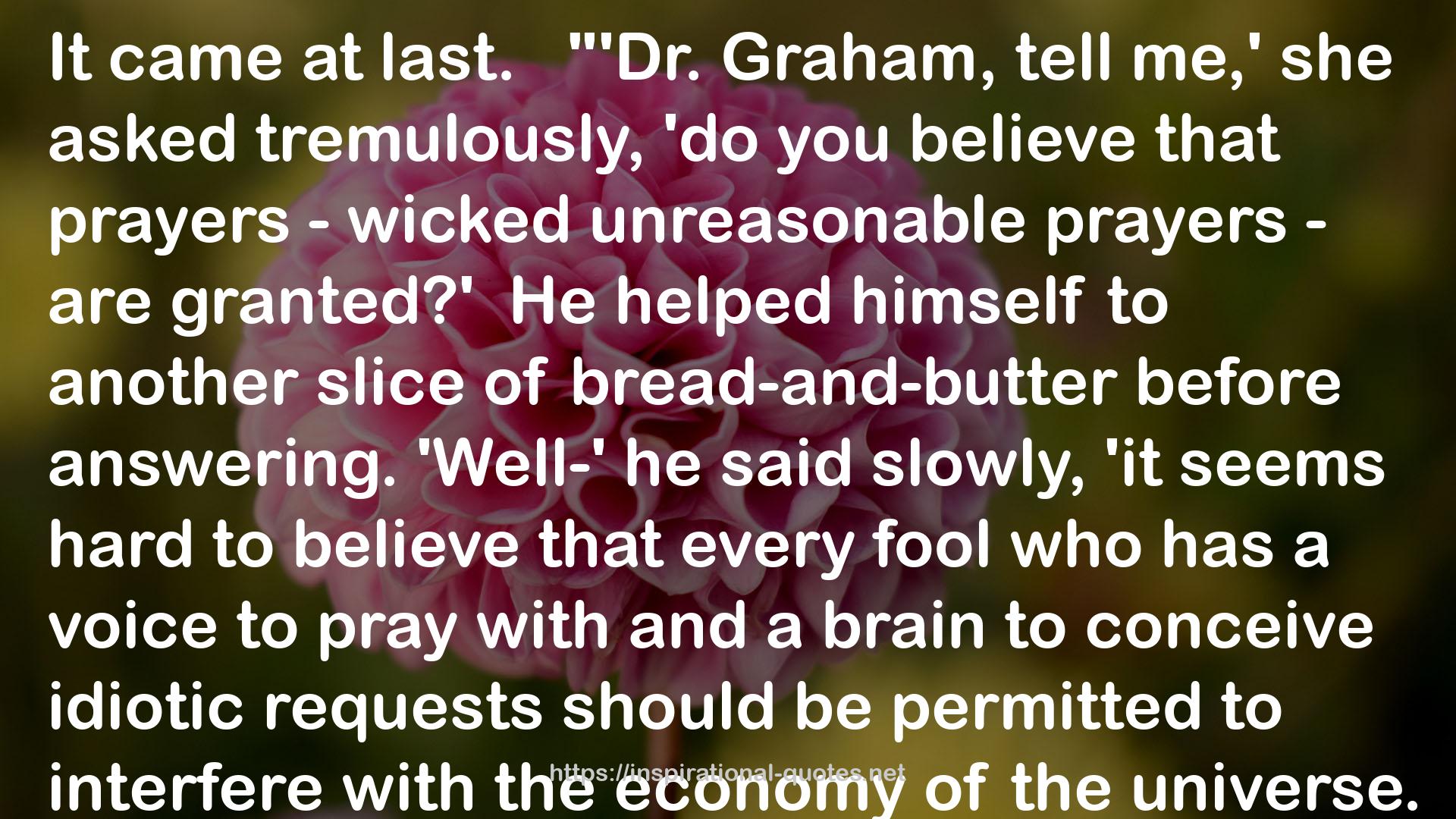Ghostly By Gaslight QUOTES
SOME WORKS
- The Necessity of Atheism
- Octopussy & the Living Daylights (James Bond, #14)
- Thrilling Cities
- The James Bond Complete Collection: All 14 Original Books Including Casino Royale, Dr. No and Quantum of Solace
- Casino Royale
- On Her Majesty's Secret Service
- Dr. No
- Ian Fleming: The Playboy Interview (50 Years of the Playboy Interview)
- The SPECTRE Trilogy: Thunderball, On Her Majesty's Secret Service, You Only Live Twice (James Bond - Extended Series)

